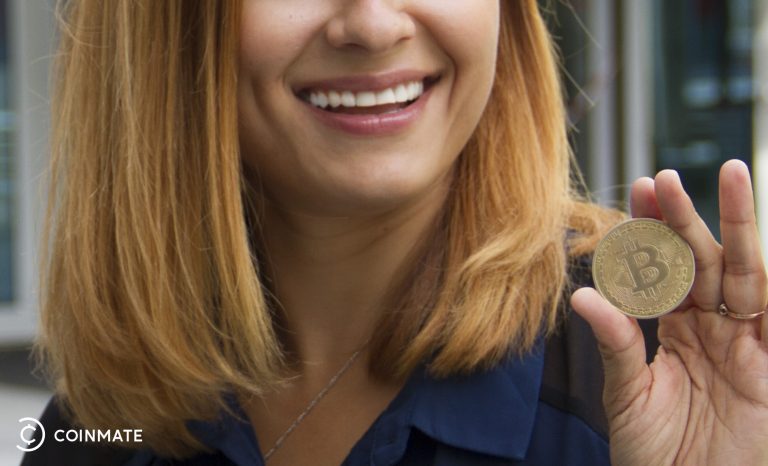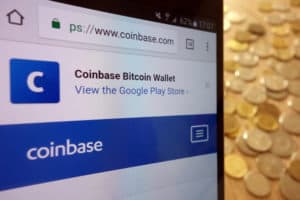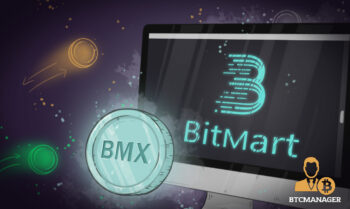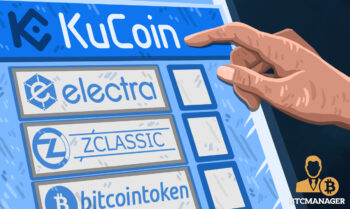
2024-11-5 19:23 |
Recently, Moonrock Capital CEO Simon Dedic claimed that Binance, the world’s largest centralized exchange, demanded a hefty 15% of a project’s total token supply to secure a listing on the platform. According to Dedic, these terms were applied to an unnamed project, sparking significant controversy over the fairness and transparency of Binance’s listing practices. This claim prompted a swift response from Binance co-founder Yi He, who denied the accusation and highlighted Binance’s official listing policy.
Source: X
Binance has long maintained that since 2018, it has adhered to a transparent, charity-driven listing fee system. The policy specifies that Binance does not charge any percentage of a project’s token supply nor impose a fixed fee. Instead, project teams can propose an amount they consider appropriate as a “listing fee”—or, as Binance now terms it, a “donation.” Yi He clarified that 100% of these fees go to Binance Charity, ensuring that any listing fees serve a philanthropic purpose, not company revenue.
Coinbase Has Never Charged a FeeThe debate around Binance’s practices brought others into the conversation, including Andre Cronje, the co-founder of Sonic, who levied similar criticisms at Coinbase, another major centralized exchange. Cronje’s comments drew attention to Coinbase’s policies, which contrast sharply with Binance’s by prioritizing a no-fee model. According to Coinbase, it has never charged a fee for asset listings. Their listing framework, outlined in a detailed blog post, emphasizes their mission to provide an accessible and open platform for a wide variety of digital assets. Coinbase’s listing process, involving a stringent review process to assess security, compliance, and utility, remains completely free of charge. This approach has set a standard that many argue should become industry-wide.
Source: Coinbase
The timing of these criticisms couldn’t be more pertinent. In September 2024, trading volume on centralized exchanges took a substantial hit. Binance saw a 23% drop in spot trading volume, and competitors like OKX, HTX, Coinbase, Kraken, and Bybit also recorded declines of between 20% and 30%. Analysts attribute this downturn to rising geopolitical tensions, uncertainty tied to the 2024 U.S. elections, and a shift towards decentralized exchange alternatives. Decentralized exchanges (DEXs), which are inherently less centralized and often don’t impose listing fees, appeal to the sector’s decentralized principles, drawing away trading volume from their centralized counterparts.
Amid the Binance controversy, the exchange’s decision to list Scroll—a Layer-2 scaling solution built on Ethereum—on October 11, 2024, provoked additional backlash. Some in the crypto community argued that centralized listings undermine the decentralized vision behind projects like Scroll, which are specifically built to strengthen Ethereum’s scalability and reduce reliance on centralized systems. One user, Zeng Jiajun, sarcastically commented, “Imagine Vitalik Buterin paying 5.5% to OKX to list Ether,” a statement underscoring concerns about token supply demands from centralized exchanges.
These debates highlight a larger shift within crypto: the growing rift between the centralized and decentralized aspects of the industry. Centralized exchanges like Binance and Coinbase wield substantial influence but face mounting pressure to embrace transparency and fairness. As exchanges compete to attract new projects and retain trading volume, the industry is likely to see increased scrutiny around listing fees and practices. With Coinbase’s commitment to zero-fee listings and Binance’s charity-driven donation model, the crypto community is left to question whether these models are sufficient to align with the sector’s decentralization ideals or if DEXs may ultimately become the preferred listing option for emerging tokens.
origin »
Bitcoin price in Telegram @btc_price_every_hour
Safe Exchange Coin (SAFEX) на Currencies.ru
|
|






















